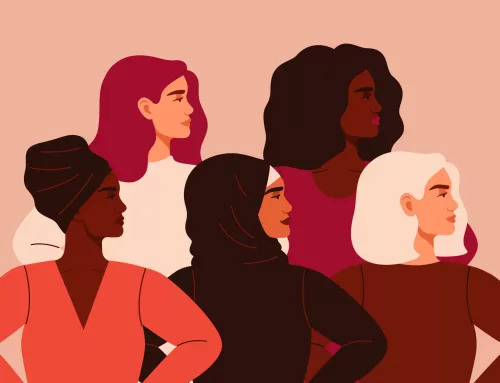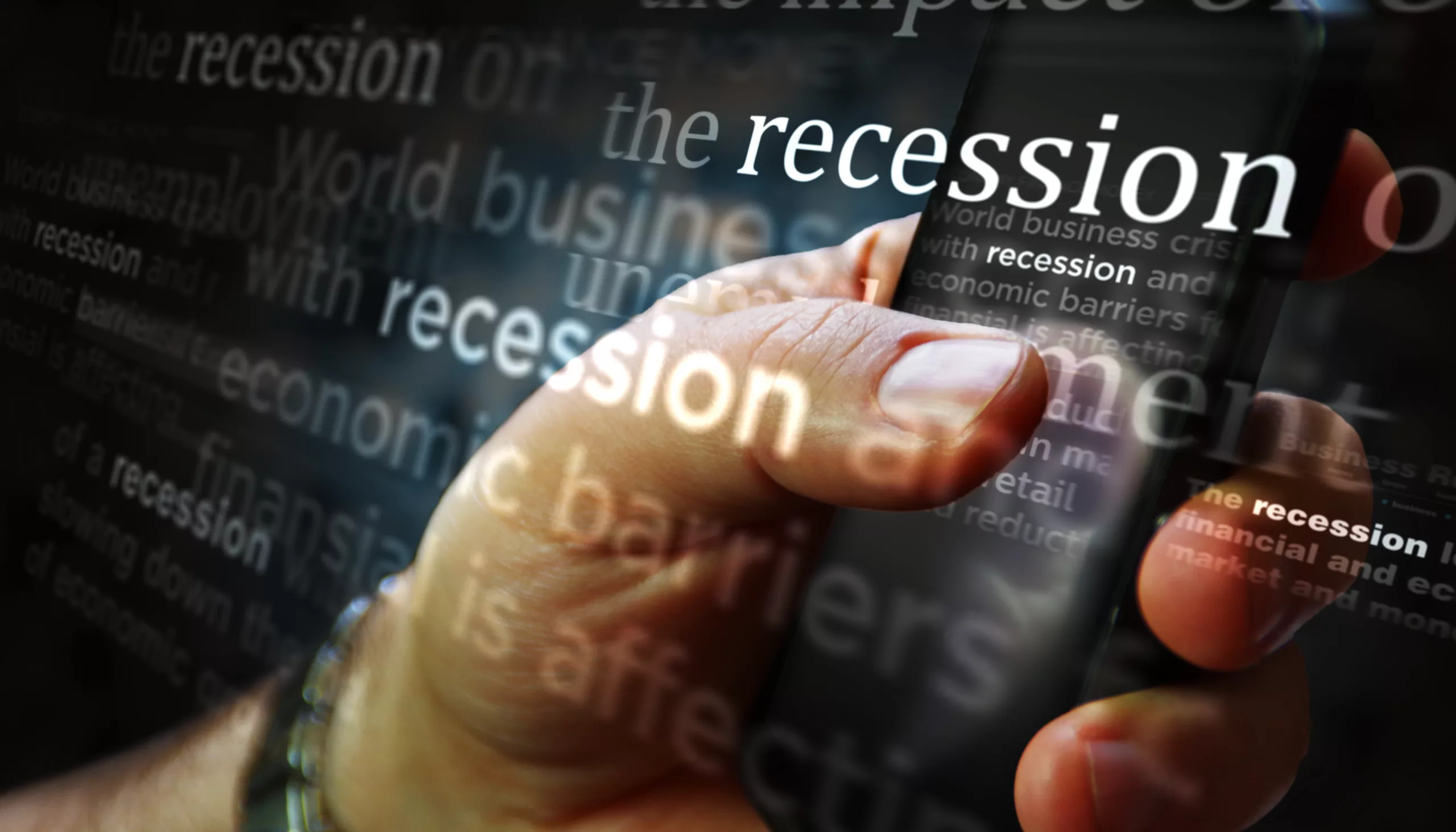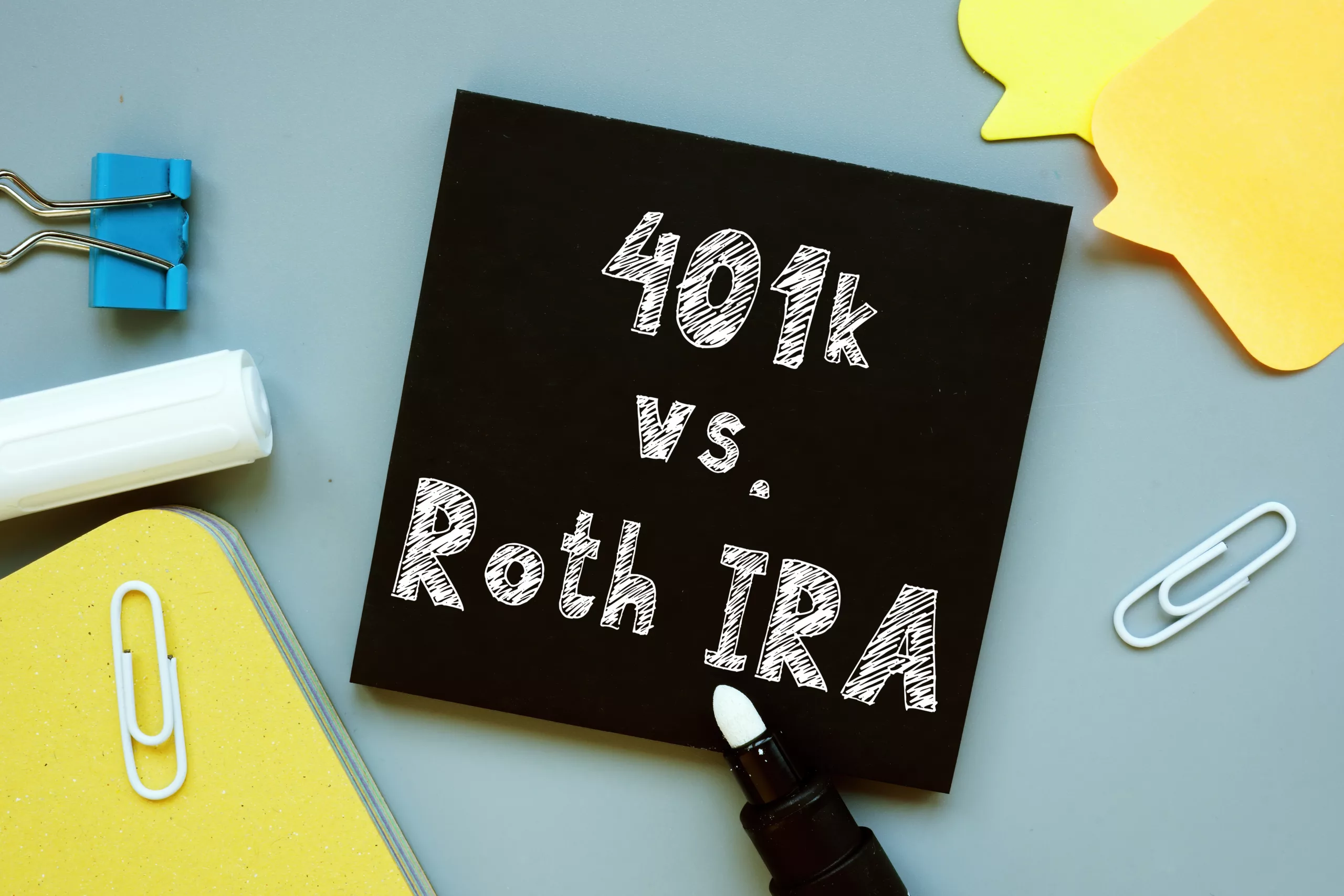25 Black Finance Statistics – Let’s Work Together to Improve These
Black finance statistics show that Black people are more engaged in their financial lives than ever before. According to recent findings, African Americans have assets totaling $2.54 trillion and make up a projected 13.6% of the U.S. population. As a whole, this demographic is increasingly attaining higher education levels, and Black business ownership has grown robustly over the past two decades – currently at an all-time high of 3.12 million Black businesses. These businesses are expanding rapidly as well, creating jobs and wealth in their surrounding communities that ultimately benefit our entire nation’s economic future.
In this article, we’ll review some important Black finance statistics that show how African Americans are performing financially and where they’re going. Overall, we can see that Black people in America continue to make history and shape our market system with their innovative ideas and unique approaches to business and personal finance.
1. 15% of Black Adults Work More Than One Job
According to Pew Research, one in seven Black adults – equalling 15% of the total Black population – reported working more than one job to meet basic needs in the past 12 months.
2. Many Black Americans Are Unbanked or Underbanked
Black people in the U.S. are more likely to be unbanked or underbanked. This is defined as not having any deposit accounts with an accredited bank or not having access to sufficient financial services respectively. The Brookings Institution makes the claim that this is because of systemic issues with credit scoring negatively impacting the Black community.
3. U.S. Black Business Ownership Has Increased Since the Pandemic
According to a January 2023 Bloomberg report, Black business ownership is up 38% since pre-pandemic levels.
4. Number of Black-owned Businesses is Growing Steadily
The upward trend of businesses owned by African Americans is a positive sign for the U.S. economy. Data from the Annual Business Survey (ABS) highlights an impressive two-year period of growth for Black-owned businesses across all sectors within the U.S.
5. Black Homeownership Rates are Falling
According to the National Association of Realtors, nearly 43.4% of Black households owned their home in 2020, down from 44.2% in 2010. Homeownership is one way individuals acquire wealth; a decrease in homeownership implies fewer economic opportunities and greater vulnerability to economic volatility.
6. 20% of Black Households Earn More Than $100,000 Per Year
As of 2022, only 20% of U.S. Black households earned more than $100,000 per year. Because of this, Black Americans with dreams to buy a home or start a business are at a significant disadvantage.
7. 53% of Black Adults Have Access to a Credit Card
Having access to credit helps secure loans to start businesses. Unfortunately, only 53% of Black adults report having a credit card.
8. Financial Literacy Lags in the U.S. Black Population
According to a TIAA Institute report, African Americans fell 17 percentage points behind White Americans in financial literacy. This may be due to historical systemic issues in the U.S. financial system, and it exposes an opportunity to bring Black Americans who are behind financially into the fold with proper training.
9. Black Households Do Not Have Emergency Savings
There is a gap in emergency savings between White and Black households. While an average of $8,100 in liquid assets could be found in White households in 2019, only $1,500 was available in Black households. This discrepancy reveals how conditions for attaining wealth remain blocked for many in the African American community.
10. The Median Annual Wage of Black Workers Lags Behind White Workers
Despite years of progress, the wage gap between Black Americans and White Americans still impacts economic stability. According to McKinsey, the median wage for Black workers is an astonishing $10,000 – or 30% – lower per year than their White counterparts, which can create a great disparity in both household incomes and wealth accumulation.
11. Black Workers In the U.S. Labor Force
In 2023, Black workers make up 12.9% of the total U.S. labor force.
12. Black Workers are Underrepresented in Higher-wage Occupations
There is a disparity in higher-wage employment opportunities for Black workers. According to McKinsey, lack of representation in certain industries also has a snowball effect, with employers more comfortable relying on their existing networks of predominantly white employees.
13. More Blacks Are Earning College Degrees
Since 1990, the proportion of Blacks with a college degree has risen significantly, more than doubling its previous 11% share to become 25%. This increase reflects the importance of higher education as a pathway to career success and economic stability. The trend also acknowledges the dedication of African American students who have found success beyond expectations by surpassing barriers to obtaining a college degree. These individual accomplishments help shape America’s future in meaningful ways — steps forward that are changing the narrative for members of this population once deemed less capable or limited in opportunity.
14. Only 8% of Black Americans Are Invested in the Stock Market
According to research conducted by the Federal Reserve Bank of St. Louis, only 8% of Black Americans polled reported being invested in the stock market.
15. Black Americans are not Saving Enough For Retirement
According to the National Committee to Preserve Social Security and Medicare, nearly 50% of all African American households rely on Social Security for up to 90% of their retirement income.
16. Black Spending Power Reached Record $1.3 Trillion in 2021
Collectively, Black Americans reached an all-time high of $1.3 trillion in spending in 2021.
17. 40% of Black Students Have Student Loan Debt
Among 2020 graduates, 40% of Black students had outstanding student loan debt from college or university, which is double the rate for white students. This is especially concerning considering that access to higher education is often a key factor in narrowing the racial wealth gap.
18. Black Americans Have an Average Credit Score of 677
Of all the racial demographics, Black Americans have the lowest average credit score at 677. This can be a huge hindrance when applying for loans, starting up new businesses, or even securing an apartment to lease.
19. Blacks Make Up 1.7% of the Top 1% of Earners In the U.S.
It is estimated that the average African American household owns just 6 cents for every dollar of wealth held by the typical White household. Data shows Blacks make up only 1.7% of the top 1% of wealthy individuals in the country.
20. Black Americans Are Investing In Retirement
In 2020, Black Americans owned 36% of retirement accounts.
21. Black Salaries Lag Behind White Salaries
It’s no secret that salary disparity in America exists, but comparing wages based on race shows a staggering difference. Reports have found that 58% of white Americans are reported to make more than $50,000 a year, whereas the same statistic for Black Americans stands at only 36%.
22. Credit Constraints Play a Role in This Uneven Distribution of Economic Activity
According to the Brookings Institution, lack of access to credit resources is partly to blame for economic disparities between Black Americans and other demographics.
23. Black Median Debt is Half That of White Median Debt
Black consumers take out far less credit debt and other debt than their White counterparts. Black median debt stands at $30,800, whereas White median debt is $73,800.
24. 55% of Black Women Renters Are “Rent Burdened”
According to Goldman Sachs, 55% of Black women in renting households are “rent burdened”— spending 30% or more of their income on rent. This highlights a financial burden experienced by this demographic.
25. Black Americans Average 1.7 Credit Cards
As we reviewed in prior Black finance statistics, Black consumers are underserved in terms of credit availability. But, on average, they own 1.7 credit cards per person.
26. Median Black Net Worth in 2019 Was $24,100
The median net worth for Black individuals in the U.S. in 2019 was $24,100. Comparatively, the median net worth for White non-Hispanic individuals in the U.S. in 2019 was $189,000.
27. 6% of Black Households Have a Passive Income Source
According to the U.S. Census Bureau, about 20% of American households have a passive income source; 6% of them are Black households.
28. Average Individual Personal Inflation Rate is Higher for Blacks
According to CNN Business, the average individual personal inflation rate was about 0.2% higher for Black Americans than every other demographic in 2022.
29. Only 1% of Venture Capital Funding Goes to Black Entrepreneurs Each Year
According to Insider, only 1% of total VC funding goes to Black entrepreneurs. This exposes an opportunity for angel investors and VC firms to invest in untapped Black innovators.
30. Confronting Barriers for Black Women Will Create More Wealth and Opportunity
Closing the earnings gap between Black women and their peers could bring enormous economic and social benefits to the U.S. Research by Goldman Sachs suggests that if we work to rectify this issue, it could create up to 1.7 million jobs in America and add $450 billion to the U.S. GDP annually.








